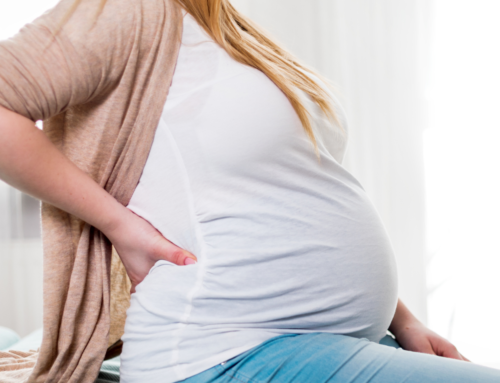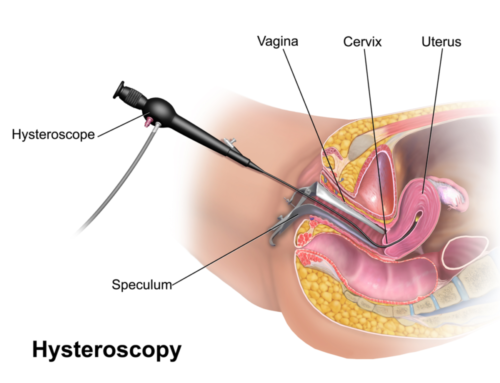Menopause hot flashes and night sweats? How else can we help besides hormonal therapy?
The menopause occurs when the ovaries stop producing estrogen and progesterone. Typically this happens around the age of 50 with natural onset of menopause, and many women will experience bothersome hot flashes, night sweats, difficulty sleeping and joint pains.
For decades, the gold standard of medical treatment for menopause symptoms has been hormone replacement therapy (HRT) with estrogen and progestin products. As they are available in pills, capsules, rings, gels, patches, and even sprays, HRT provides many options for women to get about 75-80% relief. Some women may not desire to take HRT or may have contraindications to such medications, so fortunately other options exist.
One antidepressant medication, paroxetine, has actually been approved for treatment of hot flashes. More commonly known as Paxil, this medicine has been used for depression for decades, but at lower doses, can be used for menopausal hot flashes and night sweats. Although off label, other antidepressants like Effexor, Prozac, and Zoloft have also been used for hot flashes and night sweats. In our practice, we’ve treated many women with these second line agents and have had positive responses, usually at least 50% improvement.
Certain foods like soybeans, chickpeas, lentils, flaxseed and red clover contain plant derived estrogens, and may help some women with hot flashes and night sweats.
Other foods like red meat, cheeses and red wine may actually exacerbate hot flashes.
Over the counter supplements for menopause relief exist at most pharmacies. Most contain some herbal supplements like black cohosh, soy isoflavones, and rhubarb extracts, and although not FDA approved, many women feel improvement in menopausal symptoms after about 30 days.
In our practice, we try to customize our treatment options for the most worrisome symptoms of our patients. Most importantly, please remember that most hot flash and night sweat symptoms normally abate after about 1 or 2 years in most women. We can definitely help you through this major life transition.




